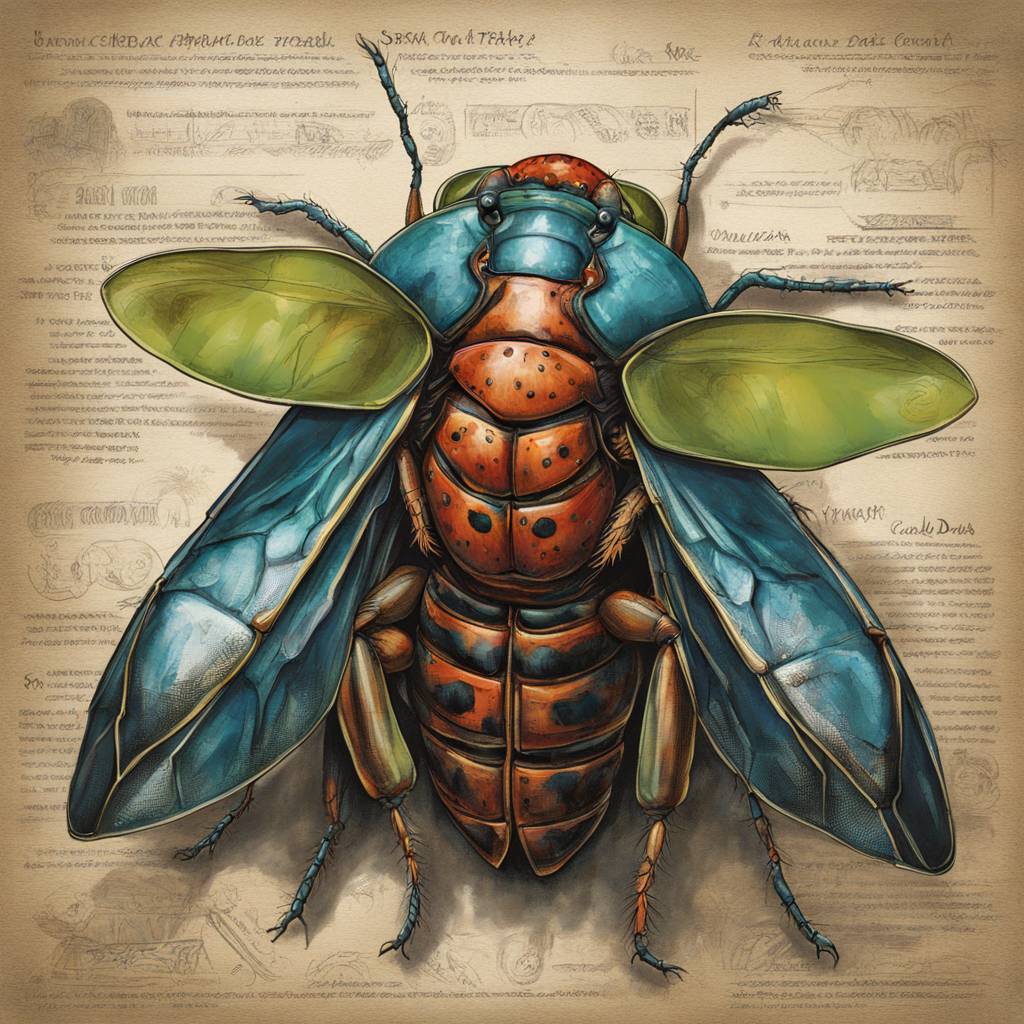This article discusses the phenomenon of dogs eating cicadas, particularly in relation to the upcoming double emergence of Brood XIX and Brood XIII cicadas in 2024. The author shares personal experiences of their dog’s addiction to cicadas and the subsequent consequences of eating them, such as vomiting. Despite the prevalence of this behavior among dogs, the article assures readers that cicadas are not dangerous or poisonous to pets. However, experts advise monitoring dogs for abnormal behavior after ingesting cicadas, as the shells can potentially cause gastrointestinal issues or blockages. Recommendations include seeking veterinary attention if a dog exhibits signs of depression, excessive salivation, or persistent vomiting after consuming cicadas.
The article highlights the rarity of the double emergence of Brood XIX and Brood XIII cicadas in 2024, the last time this occurred being in 1803. It provides information on the timing and duration of these broods’ emergence, which will cover 17 states in the US during May and mid-June. While the sheer number of cicadas may be a nuisance for humans, dogs may find them tempting as a snack. The piece emphasizes that the cicadas themselves do not pose a threat to dogs but warns against allowing pets to consume large quantities. The advice from veterinarians is to be vigilant for any unusual behavior in dogs following cicada ingestion, such as repeated vomiting or signs of distress.
The author reflects on their own dog’s history of eating cicadas and the precautionary measures they have taken, such as supervising their pet during cicada season. By sharing their experiences, the article aims to inform readers about the potential risks associated with dogs consuming cicadas and the importance of monitoring pets for any adverse reactions. Experts consulted for the article offer guidance on when to seek veterinary assistance if a dog shows signs of illness after eating cicadas. As the cicada emergence approaches, pet owners are advised to stay vigilant and take necessary precautions to ensure their dog’s safety and well-being during this period.
As the cicada emergence of Brood XIX and Brood XIII draws near, pet owners are urged to be cautious and aware of their dogs’ behavior, especially if they have a tendency to eat cicadas. While the insects themselves are not harmful, the shells can pose a risk of causing gastrointestinal issues or blockages in dogs. Experts recommend observing pets for signs of distress and seeking veterinary attention if necessary. By sharing insights from professionals and personal experiences, the article aims to educate readers on the potential risks and precautions related to dogs eating cicadas during the upcoming emergence. Pet owners are encouraged to prioritize their dog’s health and well-being by taking proactive measures to prevent adverse reactions from cicada consumption.


